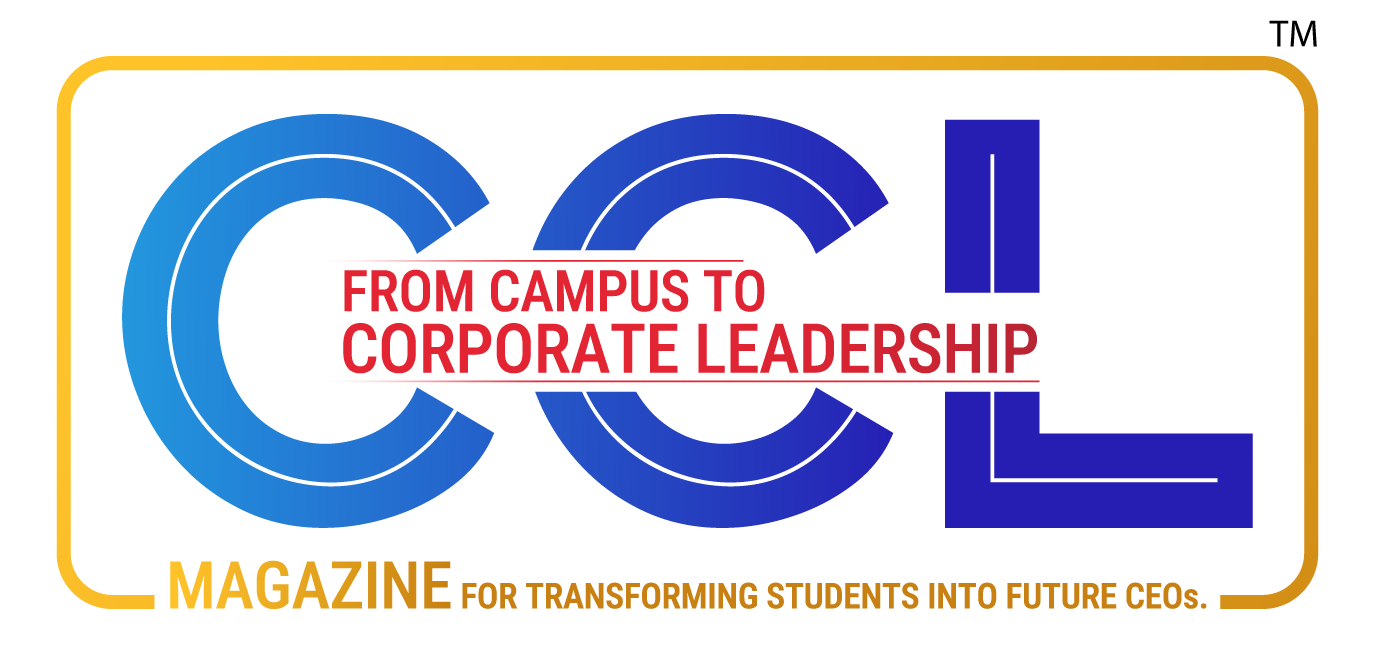Now Reading: Global Landscape with Academic Achievements
1
-
01
Global Landscape with Academic Achievements

Global Landscape with Academic Achievements
Studying abroad offers students invaluable global opportunities—cultivating cultural competence, expanding networks, and boosting employability through adaptability and language skills. These experiences foster resilience and a global mindset essential for today’s workforce. Ethical migration is key to building trust among students, universities, and authorities by ensuring fairness, transparency, and well-being, ultimately enriching diverse, thriving communities.
Mr. Salikram Bandari
Scroll to Top









